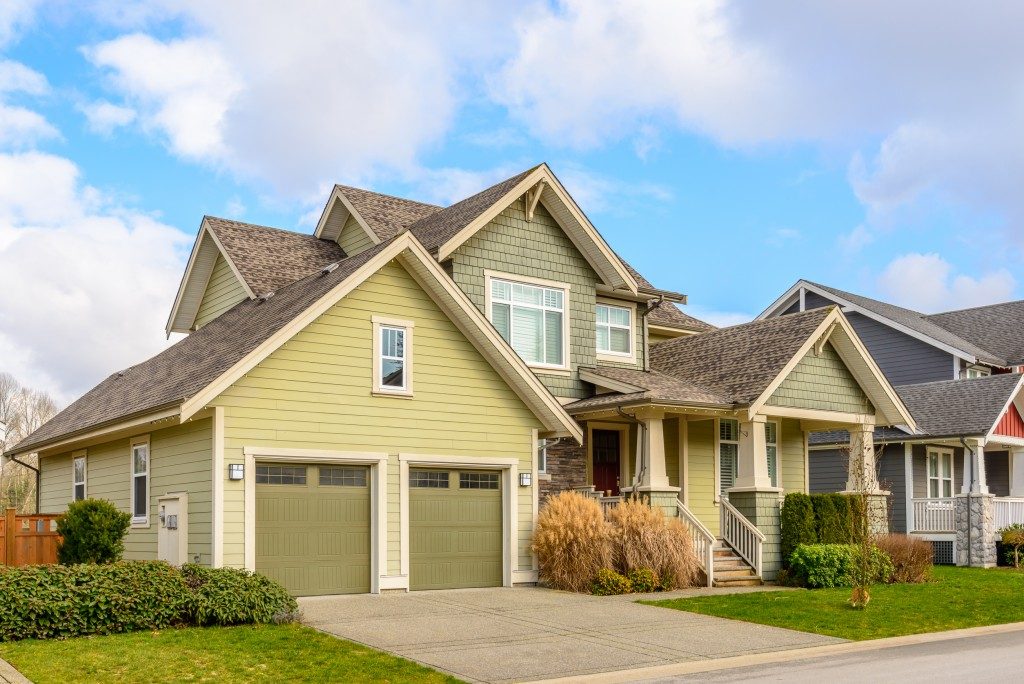Our canine companions do more good for us than we realize. When they get older, they become less mobile and inevitably more dependent on us for care and comfort. Here’s how you can make life comfortable for your dog when they get past their prime:
Provide Them with Health Supplements
Nowadays, there are supplements made to supply senior dogs with essential vitamins and other nutrients and, in some cases, relieve pain caused by ailments that come with their age. Popular supplements for older dogs include glucosamine and chondroitin that can protect their joint cartilage. This can be essential if your dog has osteoarthritis.
Another beneficial supplement for your faithful companion is omega-3. This fish oil has anti-inflammatory properties, making it effective in reducing arthritic joint pain. Omega-3 can also improve their cognition and help clear up any allergic skin problems. You can also give your aging dog “good” gut bacteria with probiotic supplements that can help them maintain proper digestion and bolster their immune system.
Take Them to the Vet
As a general rule, you should take your dog to see a vet at least once a year. When they reach eight years of age, you should take them to the vet every six months to check if they develop any age-related ailments or injuries. If your area is on lockdown, it may be difficult to get an appointment for your dog’s checkup. So try to find a vet who uses veterinary reminder postcards to schedule their checkup. Make sure that your dog doesn’t miss their appointments. The vet will likely recommend diagnostic tests, such as a blood test, in addition to the usual checkup.
Keep the Floor Clutter-free and Don’t Move the Furniture Around
Your dog’s senses of sight, smell, and hearing won’t be as keen when they age. Your dog will rely more on memory to be able to move around your house. Avoid rearranging your furniture, as this can confuse them and give them undue stress as they try to navigate through the house. Pick up any stray toys or clothes on the floor. It’s easy for an older dog not to see these, and they might have a nasty slip.

Reduce Their Calorie Intake
A dog’s metabolism can slow down considerably with age. Their calorie requirements can drop by 10 to 20% on average to maintain a healthy weight, so it’s advised to cut their food intake. This may seem cruel, but canine obesity in older dogs can pave the way to more health problems. Don’t cut your older dog’s food overnight; reduce it gradually.
Weigh your dog to help you determine if they’re eating too much or too little and adjust the amount of food accordingly. Consult your vet as to what their target weight should be for their age and breed. Check your dog’s appetite as well. If they suddenly become picky or stop eating altogether, this can be a symptom of a more serious problem.
Give Them a Little More Weather Protection
Your aging dog’s body won’t be as efficient in regulating temperature, making them more vulnerable to weather extremes. Older dogs feel the cold more and may struggle as temperatures drop. This is common for short-haired breeds such as dachshunds and pugs.
Provide your senior dog with a dog sweater. It doesn’t have to be very thick; it only needs to provide additional warmth. Give your senior dog a memory foam bed, as this absorbs their body heat. When the weather is hot, avoid walking them outside and make sure that they have access to a lot of cool water.
Senior dogs can be as fun to be with and as loving as a younger pet. All they need is a little more TLC to stay comfortable and manage their ailments. It’s important to check their health and meet their changing needs so that they can enjoy their twilight years at your side.


